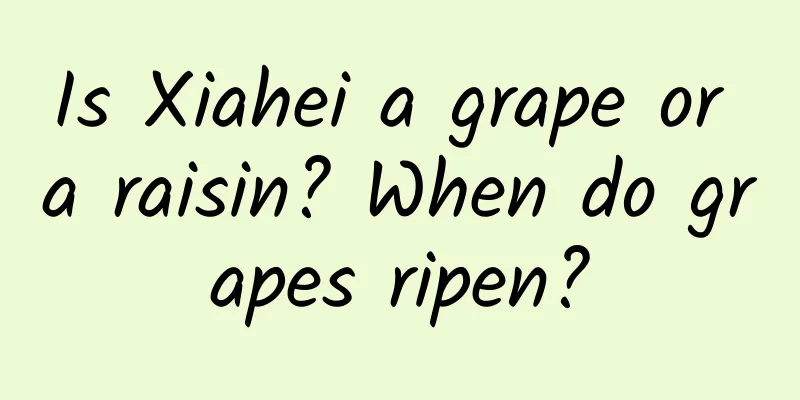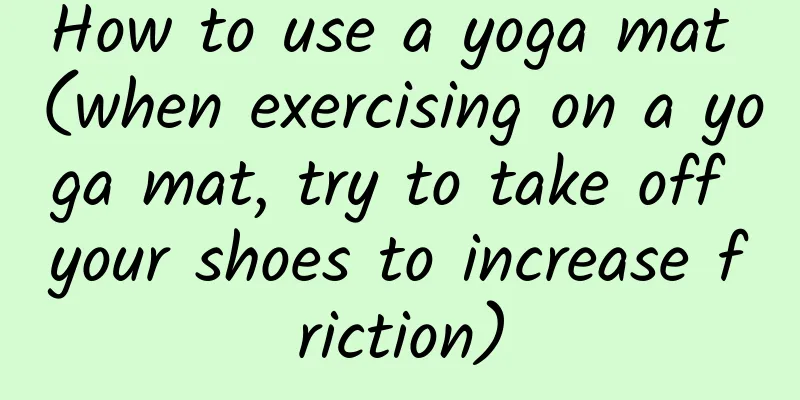[Medical Q&A] What are the dangers of “tooth loss”?
![[Medical Q&A] What are the dangers of “tooth loss”?](/upload/images/67f0e82776dc8.webp)
|
Planner: Chinese Medical Association Reviewer: Guo Shubin, Chief Physician, Beijing Chaoyang Hospital, Capital Medical University As they age, many elderly people face various oral problems, which have affected their overall health and quality of life. Missing teeth is one of the common problems, which not only affects the appearance and chewing, but also can cause a variety of diseases. 1. Impact on chewing and vocalization: Tooth loss in the elderly will lead to poor chewing function. The loss of anterior teeth, premolars and molars will affect the cutting, crushing and grinding of food. Tooth loss will also affect the elderly's vocalization, which will have a certain impact on daily communication and social interaction. Unclear voice will also affect the mental health of the elderly. Impact on digestion and absorption: Elderly people with missing teeth have reduced chewing function, and food enters the gastrointestinal tract without being fully chewed, which increases the burden on the gastrointestinal tract. This not only affects the body's absorption of nutrients, increases the risk of gastrointestinal ulcers, but also the risk of esophageal foreign body suffocation. In the long run, it will affect the nutritional status of the elderly. Impact on facial appearance: If multiple teeth or all teeth are missing, the upper and lower jaws lose chewing stimulation, and the alveolar bones will gradually degenerate and absorb, causing the cheeks and surrounding muscles to relax, the lips and cheeks to sink inward, the nasolabial grooves to deepen, the corners of the mouth to sink, and the facial wrinkles to increase, presenting an obviously aged face. 4. Impact on surrounding teeth: After tooth loss, the adjacent teeth lose support, which makes it easy for food to get stuck in the teeth and the bite relationship to be disordered, which in turn causes caries and periodontal disease. The remaining teeth bear too much bite force. For example, when eating raw and hard food, the teeth will become loose and fall off. 5. Impact on the temporomandibular joint: When elderly people lose their teeth, the chewing function of the toothless side decreases, and they are prone to rely on the healthy side for chewing, which affects the stability of the temporomandibular joint. In severe cases, they may experience discomfort such as limited mouth opening, headaches, and tinnitus. 6. Other impacts: Tooth loss in the elderly will affect their chewing function, and in severe cases, their appetite. Some elderly people will experience anorexia and anxiety, which in turn affects the control of chronic underlying diseases such as blood pressure and blood sugar. The oral health of the elderly cannot be ignored. If conditions permit, the elderly should be taken to the dental department for regular check-ups to clean caries, bad teeth and tartar so that they can have good teeth and enjoy a good old age. |
<<: [Medical Q&A] What is the most common benign bone tumor?
>>: [Medical Q&A] How could a steel plate that is harder than bone break?
Recommend
How to use condoms for women
Condoms, also known as condoms, birth control con...
I have abdominal pain after my period due to medical abortion
There are always many accidents in life, and one ...
What causes the cervix to turn white?
Women's cervix may have various problems. Som...
Causes of white hair in girls
Time is like a butcher's knife that can smoot...
What medicine should I use for fishy leucorrhea?
Leucorrhea is a secretion secreted by the female ...
Stomach pain when standing up during early pregnancy
Pregnant women in the early stages of pregnancy c...
Lower back pain after salpingography
Many women with bilateral fallopian tube diseases...
Which is more painful, transplantation or egg retrieval?
It is a blessing to be born in the modern era. If...
Women's insomnia, dreaminess, and night sweats
There are many reasons for women's insomnia a...
How to treat heat intolerance and excessive sweating after childbirth
Postpartum recovery is very important for mothers...
Will excessive exercise intensity lead to reduced immunity? Here are two ways to judge
Have you ever had this experience: you exercise o...
When will the Lelecha Coca-Cola joint brand be released? Is the Lelecha Coca-Cola joint brand delicious?
Lelecha and Coca-Cola have collaborated? My Lelec...
What are some tips for women’s beauty?
Everyone has a love for beauty. Especially for la...
How to treat low progesterone and scanty menstruation?
We know that low progesterone will make it diffic...









